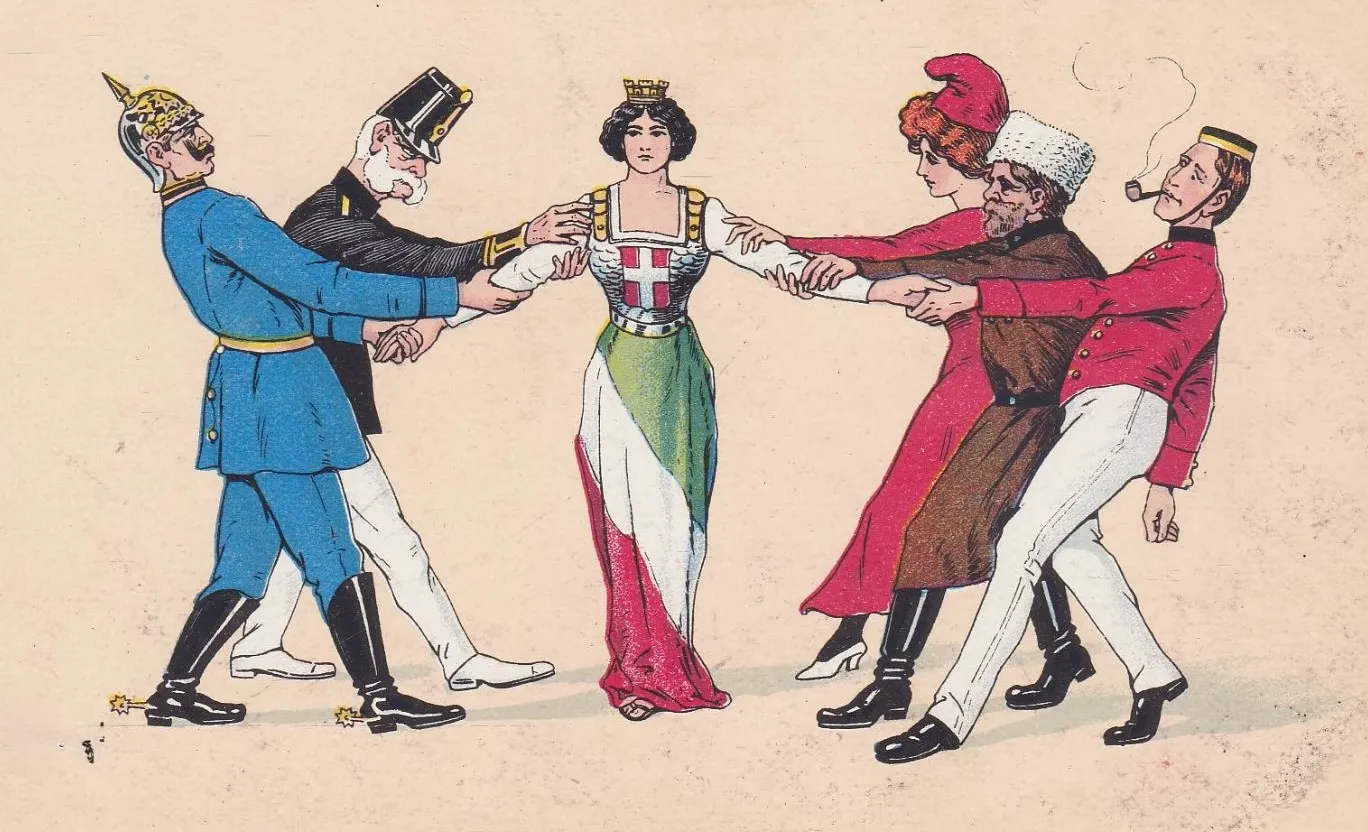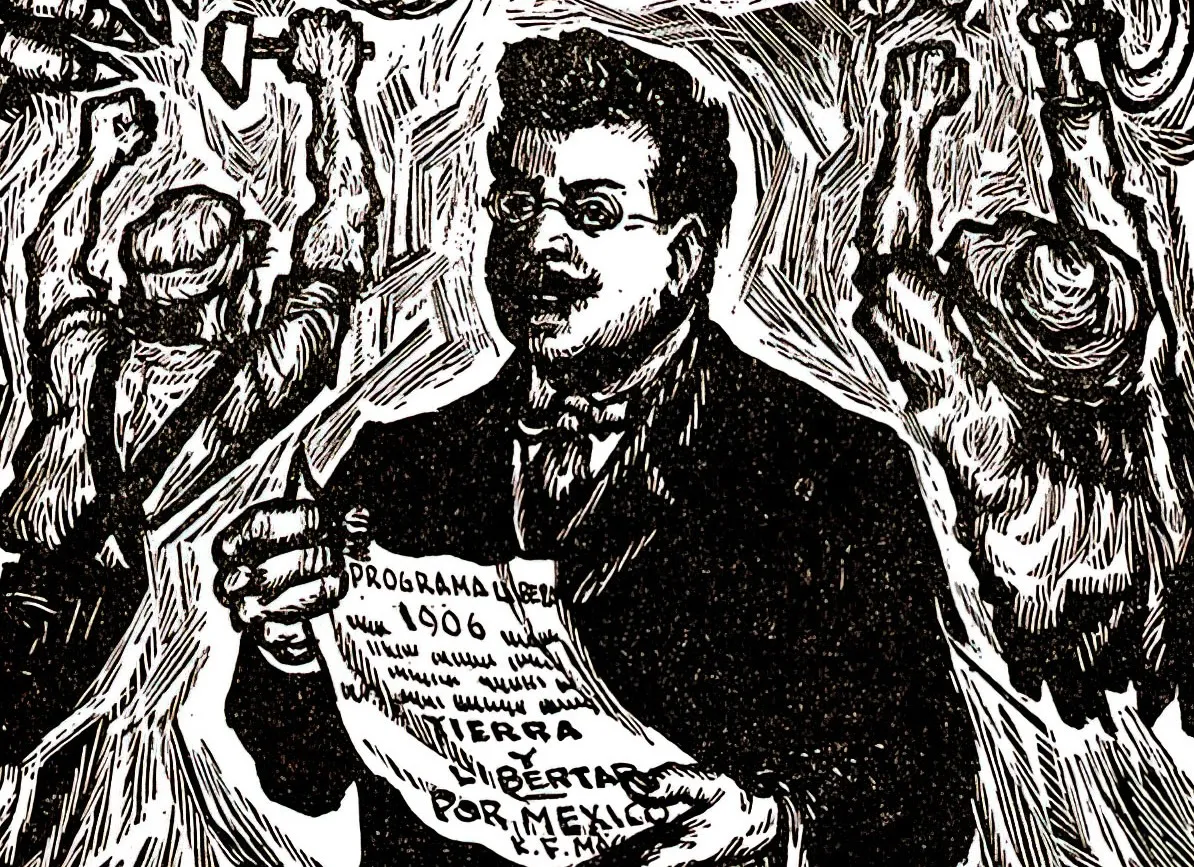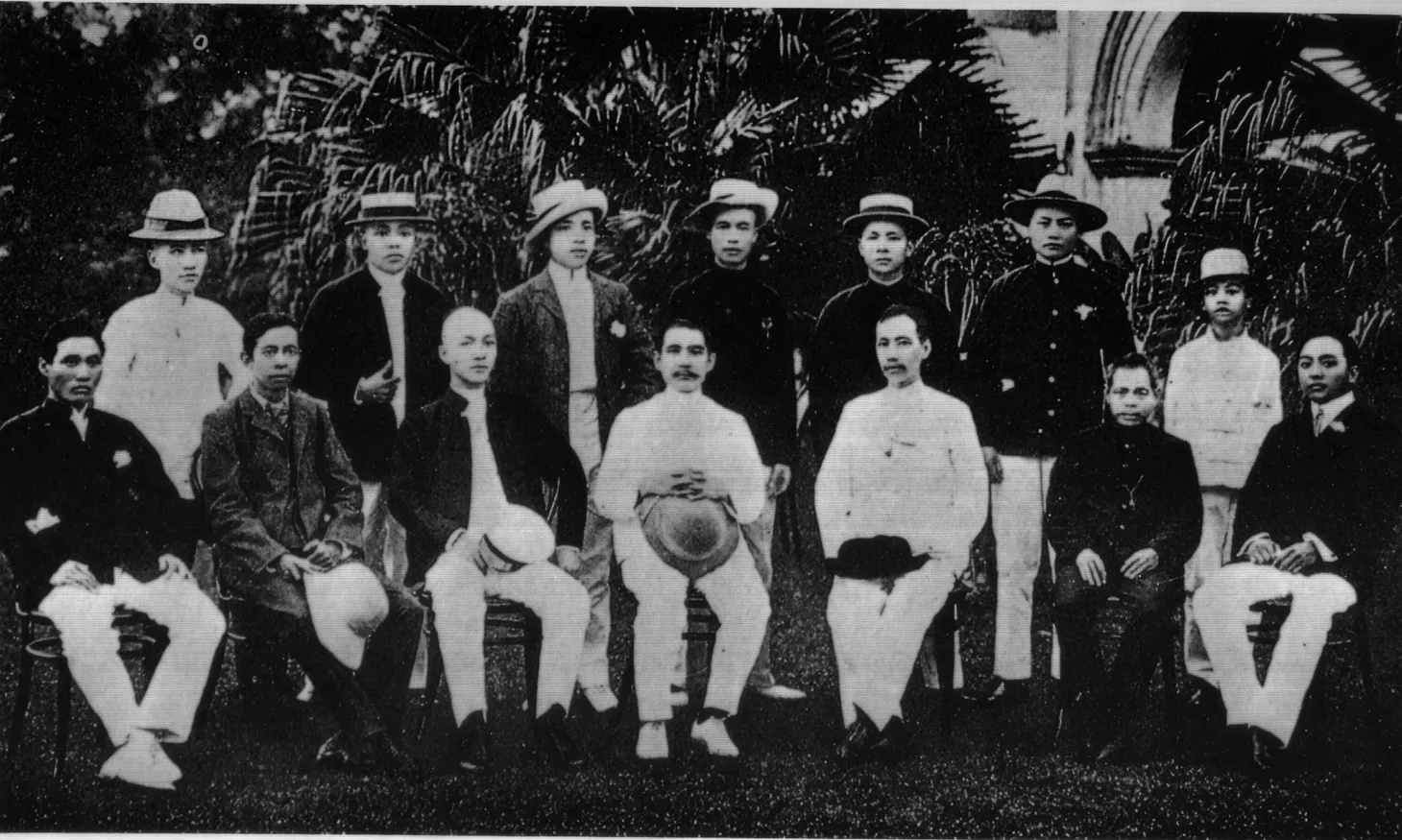“The Total Liberation of the African Continent”: Kwame Nkrumah’s Independence Speech and Decolonization
Discussion of Kwame Nkrumah’s independence speech as a tool to teach decolonization
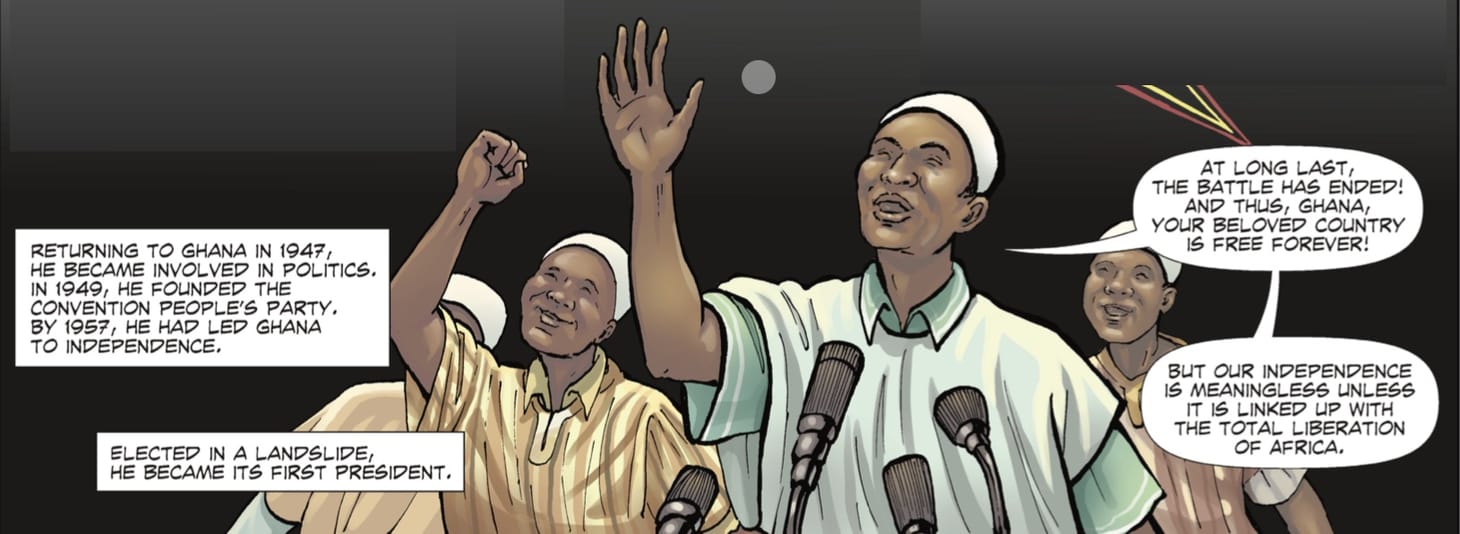
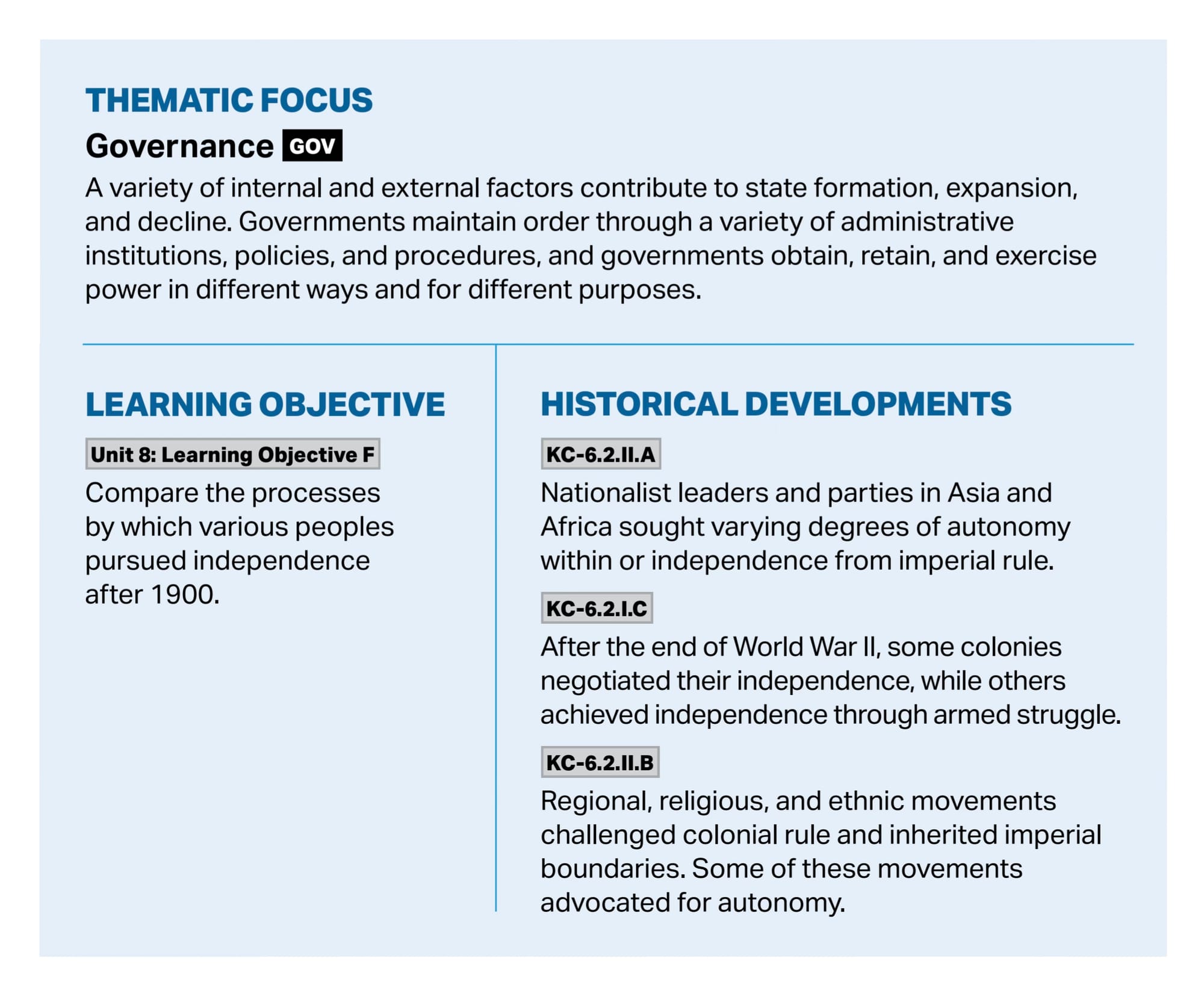
In this week’s post, I discussed how 1955 to 1965 marked a high point for decolonization as the number of nations, especially in Africa, that gained their independence increased significantly. One of the most powerful ways to help students understand the significance of this change is by having them focus on Ghana and Kwame Nkrumah. Ghana was the first Black country in Africa south of the Sahara Desert to gain independence.
The Source
This Content is for Subscribers on the Buy Me Lunch and Buy Me Dinner tiers
SubscribeAlready have an account? Log in

